Over the glorious early May Bank Holiday weekend, the Redline Home Guard were once again mobilised to defend the vital transport hub of Didcot Railway Centre during their 1940s Weekend. Across three days, the site was transported back to wartime Britain, and the Redline platoon was proud to be on parade to help bring history to life.

Throughout the weekend, the platoon carried out regular foot patrols across the Centre – through the engine sheds, along the platforms, and across the goods yard, ensuring the line remained secure from saboteurs and any suspicious activity. In true Home Guard fashion, the men remained alert and orderly, engaging with the public and demonstrating the drills and duties of Britain’s last line of defence.
The opportunity to practice bayonet drill was taken, drawing the attention of a few members of the public.



A special highlight this year was the addition of short talks delivered each day by our own 2/Lt Chambers. Speaking in one of the large air raid shelters, he offered visitors an engaging and often poignant account of the Home Guard’s formation, role, and realities, dispelling myths and highlighting the bravery and spirit of these civilian soldiers. Particularly moving was his recounting of the story of Tom Jewitt, a real Home Guardsman whose gallant actions and tragic fate served to remind all present of the very real dangers faced by the men of the LDV.

It was a weekend full of fine weather, fine engines, and fine company, with hundreds of visitors coming through the gates to enjoy the sights, sounds, and smells of the 1940s. We were heartened by the public’s enthusiasm and interest, and it was a pleasure to share our passion for wartime history with such a receptive crowd.

We are, as ever, grateful to the team at Didcot Railway Centre for their kind invitation and warm hospitality, and we were proud to be a part of it.

Thinking of joining up?
Redline Home Guard is always on the lookout for new recruits willing to roll up their sleeves, polish their boots, and step back into 1940s Britain. Whether you’re a budding re-enactor or just curious about how you can get involved, we’d love to hear from you.






No responses yet